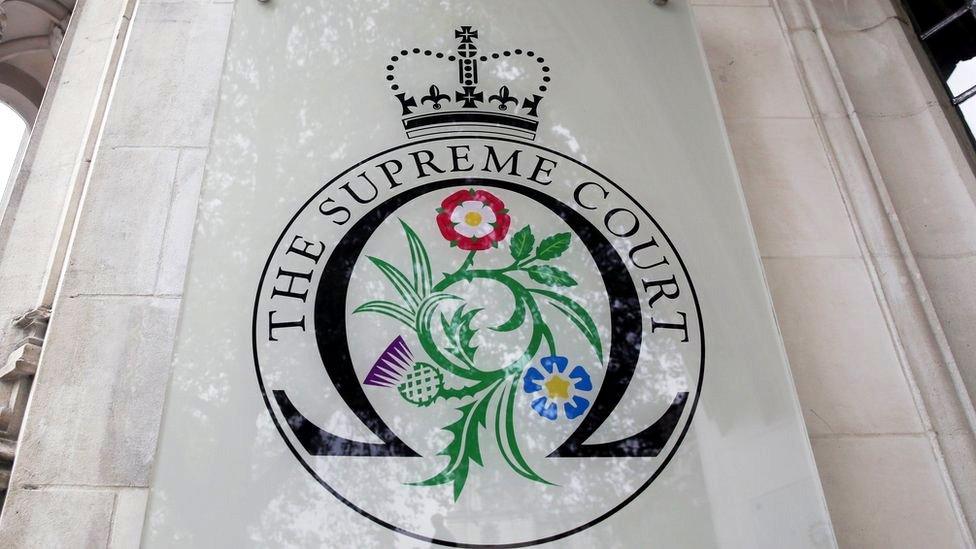Brexit: EU trade barriers 'significant risk' to Welsh economy
- Published

The Welsh economy faces "significant risks" if EU trading barriers are imposed post-Brexit, it has been claimed.
The External Affairs and Additional Legislation Committee said ensuring free trade with the single market was "of crucial importance".
It called for the Welsh Government to have a "direct role" in negotiations.
But the Supreme Court ruled on Tuesday the Welsh Assembly does not have to be consulted over triggering Brexit.
Friday's report is the first published by the assembly committee, which is tasked with safeguarding Welsh interests in the Brexit process.
Committee chairman David Rees AM said: "The vast majority of the evidence we received showed that ensuring free trade with the single market, with no tariffs and no non-tariff barriers, is of crucial importance to the Welsh economy."
The committee said the prominence of manufacturing and farming in Wales heightened the economy's vulnerability to trade barriers.
'Disastrous'
It also called for a focus on "transitional arrangements".
"Even a relatively short period of time spent trading on World Trade Organisation rules will damage our manufacturing and agricultural sectors," said Mr Rees.
"This could be disastrous for the Welsh economy."
The committee said Brexit raised issues about devolution and called for the Welsh Government and assembly to have a say in the negotiations.
"We are clear. The Welsh Government must have a direct role in developing the UK negotiating position where it relates to, or affects, devolved powers," Mr Rees added.
Wales' First Minister Carwyn Jones and Plaid Cymru's leader Leanne Wood published a joint plan for Brexit on Monday, in which they also demanded full single market access.
Mr Jones said the plan respected the Welsh vote to leave the EU but would give the UK "full and unfettered access" to the single market.
Welsh ministers have also argued that the assembly should be consulted on starting Brexit - but this was rejected in Tuesday's ruling.
- Published24 January 2017

- Published23 January 2017

- Published5 December 2016

- Published5 December 2016

- Published27 November 2016
